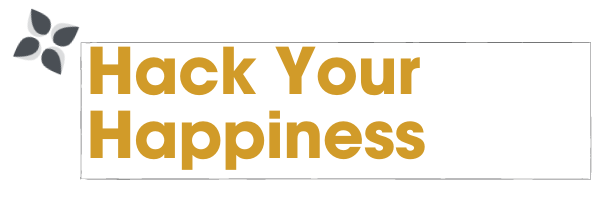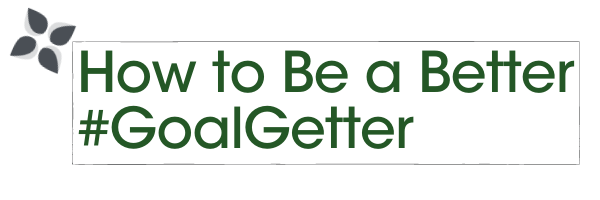If the first thing you do when you wake up in the morning is check your phone it might be time to make a change. By scrolling through emails, checking social media and the news, you send your brain straight into beta brainwaves, used for active, busy (some might say anxious) thinking, and intense concentration. It’s a little like being rudely awakened before your alarm went off, except in this case you’re doing it to yourself. So, if you’re not looking at your phone in the morning what should we do instead?
Read moreHack Your Happiness
Eating chocolate, craving cuddles, compulsively checking social media… Are these all bad habits? Or your body trying to get the essential things it needs? Sometimes our habits or cravings are trying to tell us something important about how to care for ourselves. Here’s how to feel happier on demand.
Read moreEquilibrium in Action: Lines for Life
We are still in the thick of COVID-19’s challenges. As the virus peaks again across the country, more people are experiencing pandemic fatigue and many people who were emotionally fine in the early months are now feeling the long-term strain of worry and isolation. This month please join us in supporting Lines for Life, a regional non-profit dedicated to preventing substance abuse and suicide, and promoting mental health for all.
Read moreHow to Be a Better #GoalGetter
The end of 2020 is in sight! This year especially we’re looking forward to a fresh start, a new year, and all the things we can do and accomplish. The practice of making new year’s resolutions often gets a bad rap as many people have difficulty continuing with their resolutions past a couple of months. Let’s be clear, there’s no need to arbitrarily set goals or push toward something you’re not truly invested in just because there’s a tradition of setting goals this time of year. But if there are things you truly want to accomplish but can’t seem to follow through, here are some strategies to feel more empowered and do more of what you want to.
Read moreBreath for Stress
This year we’ve been thinking a lot about breath — how we breathe, changes in breath, and barriers to breathing. Research into the physiological and emotional effects of different breath patterns is on-going, but our current body of knowledge suggests that our breath can be a powerful tool for changing the way we feel physically and emotionally.
Read moreCoping During COVID-19
While we remain concerned and vigilant regarding the global health crisis COVID-19 presents, the mental well-being of those affected directly and indirectly by the health, economic, and social fallout of the pandemic must be top of mind as well. In addition to the mental toll, prolonged stress of the kind we’ve experienced over the last few months has serious health implications including lowering immune function and increasing inflammation.
Read moreManaging Stress
As we continue to develop our knowledge and discover new things, it has become increasingly clear that our mental health and physical well-being are intertwined. During times of stress it’s important to care for both our physical and our mental health. It’s good to have a “toolkit” of strategies to use when facing everyday stresses, as well as extraordinary circumstances.
Read moreChronic Stress & Telomeres
You’re probably familiar with the colloquial idea that stress leads to “grey hair.” This may not be true in the specific, but research shows that prolonged stress can accelerate aging, as measured by our cells!
Read moreThe Power of Pause
During the winter months much of nature takes a break and hibernates. An intentional pause can often lead to increased productivity and wellbeing. Do you take breaks during your day or your week? How can these pauses best benefit you?
Read moreCalm Mind, Healthy Body
It is challenging to eat well and have the energy to accomplish our goals if our hormones are out of balance. Likewise, our hormone levels are affected by our diet, sleep patterns, and state of mind. Below are some helpful tips to create a positive mood, stable weight, and increased energy:
* Ease up on the simple carbs (breads, white pasta, white flour, refined sugars) and gently bump up your tryptophan-rich protein. For vegetarians, protein snacks several times a day might include cottage cheese, nuts & nut butter, cheese, or eggs. Adding colorful veggies and fruits to your meals will release natural sugars into your system more evenly than a quick carby snack.
* Include a daily dose of healthy fats for balancing your mood, such coconut oil, avocado, nut and olive oil.
* Add B vitamin complex to your daily regimen. B6, in particular, supports the brain’s production of seratonin, melatonin and dopamine, all very necessary hormones for a peaceful state of mind
* Gentle to moderate exercise each day revs up mood boosting hormones seratonine and dopamine. No time (or money) for the gym? Try adding a yoga, tai chi, or qigong routine during your lunch break to burn calories, relieve stress, strengthen your core muscles and calm the mind.
* Substitute herbal teas and lemon water for pop and caffeinated ‘power’ drinks. One of my favorite homemade ’soda’ drinks is fresh lemon squeezed into bubbly mineral water with a touch of Stevia, a natural sweetener with 0 calories and safe for diabetics.
* Make time throughout the day to breathe deep, meditate, pray, or chant/tone. A perfect way to distract the monkey chatter brain, center and ground in the moment, and collect your scattered energies from the sensory- overload world we live in.
* Before bed give your body a deeply relaxing stretch routine. Find a good book, and dab some pleasant essential oils to your pillow such as vanilla, lavender, chamomile, wild orange, marjoram, ylang ylang, frankincense, clary sage or whatever appeals to you. Essential oils have an immediate impact on brain chemistry and provide a more comforting sleep state.










